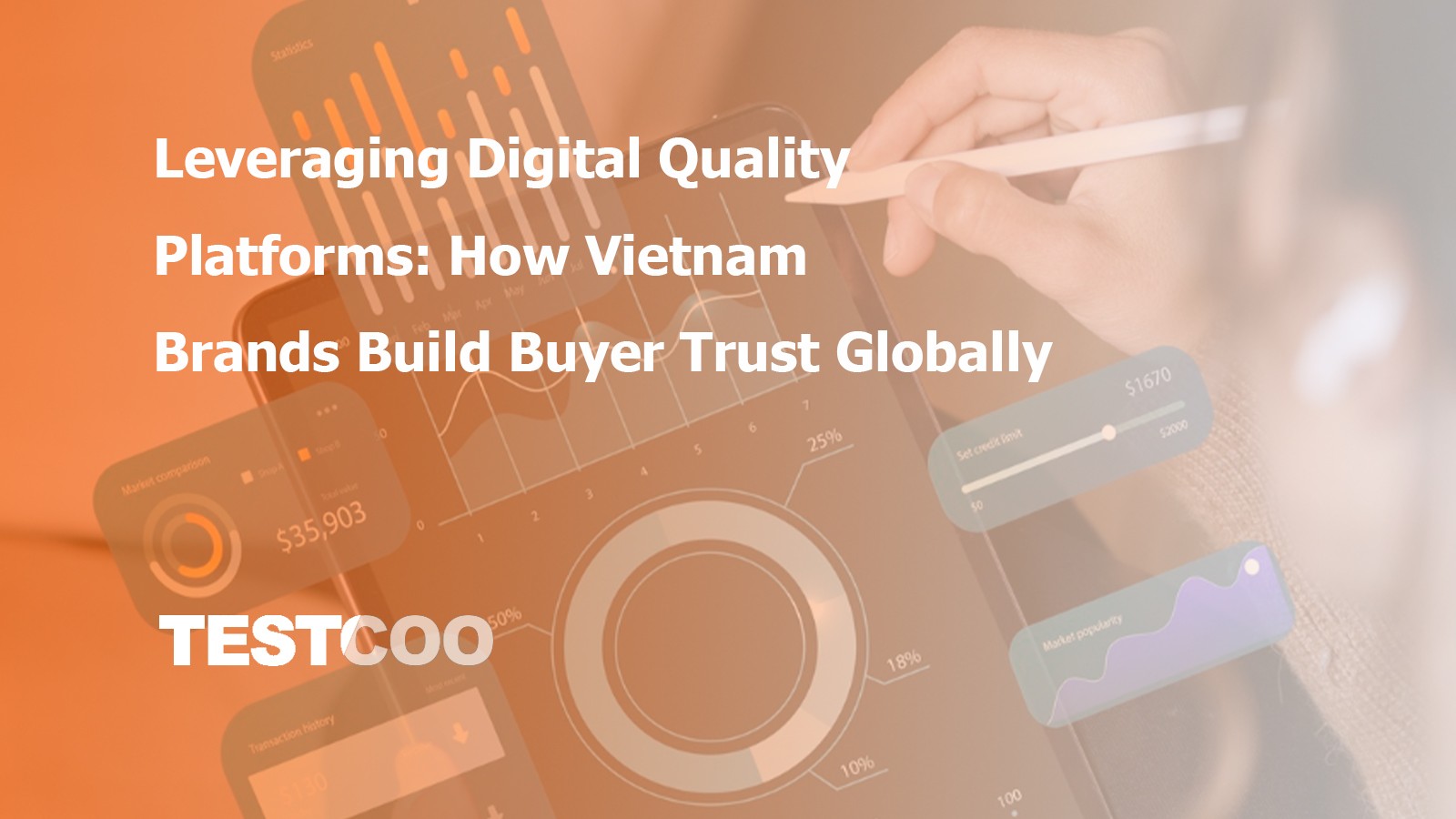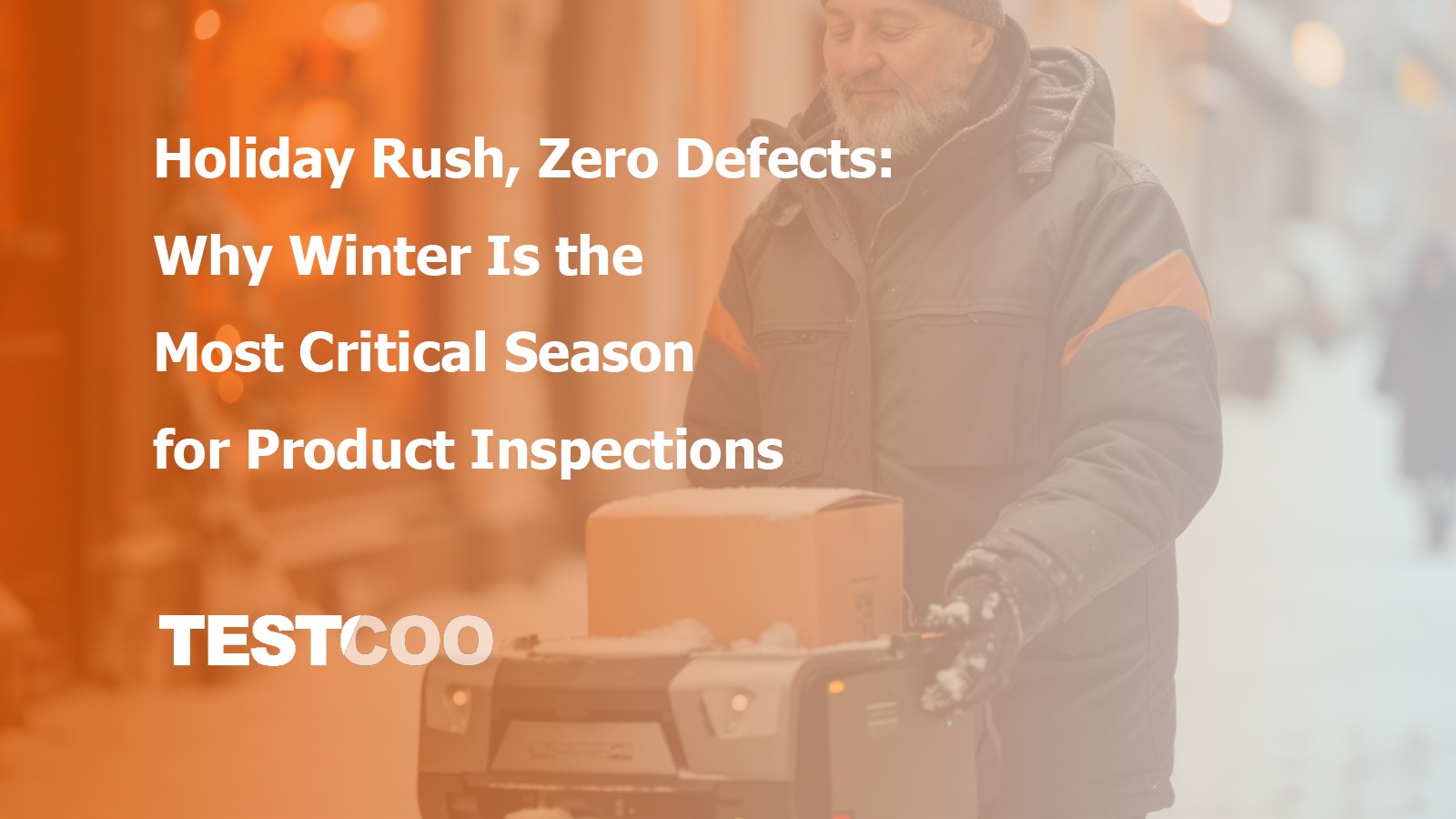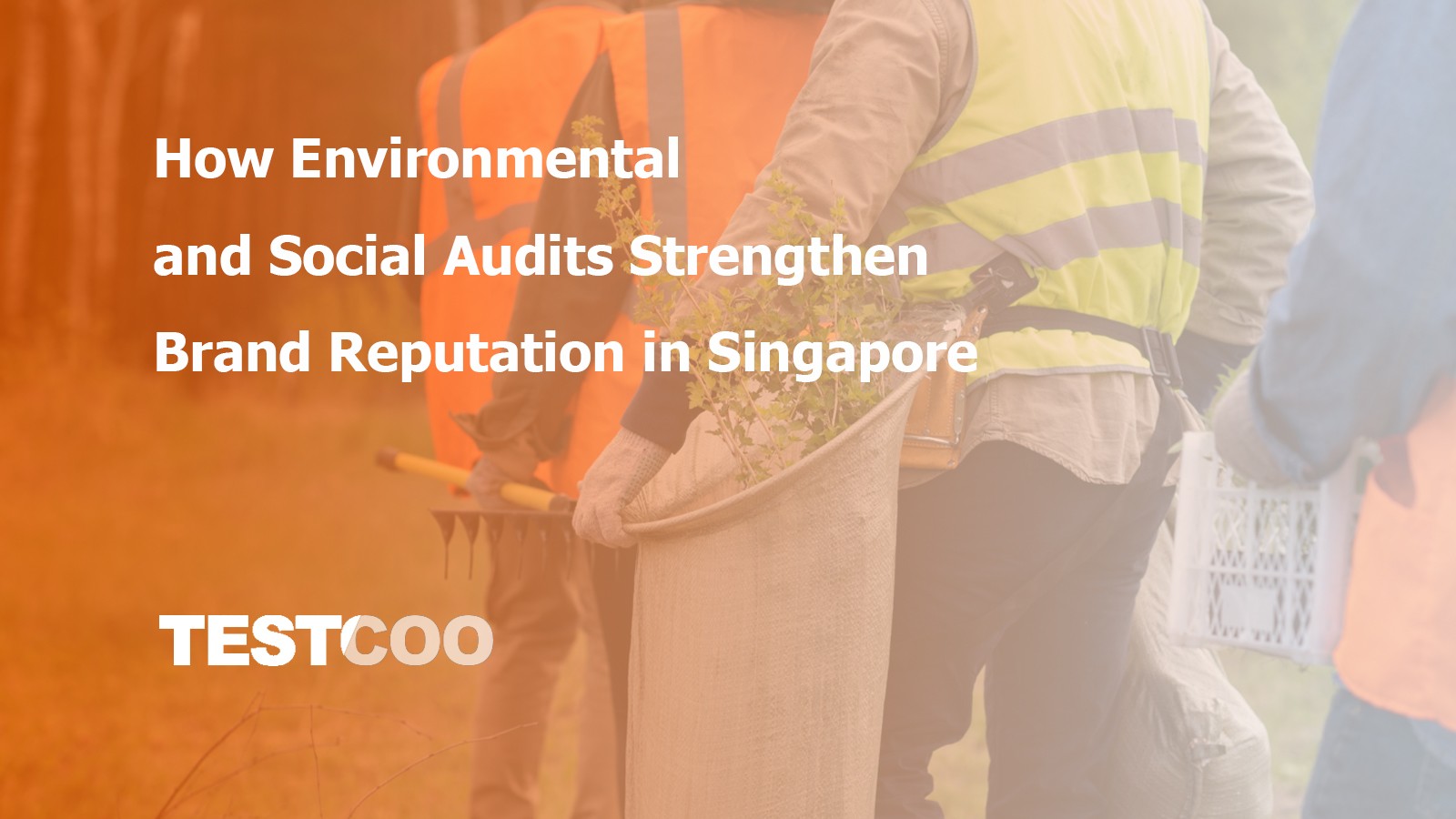Why Foreign Buyers Are Increasingly Requesting Third-Party QC in Thailand
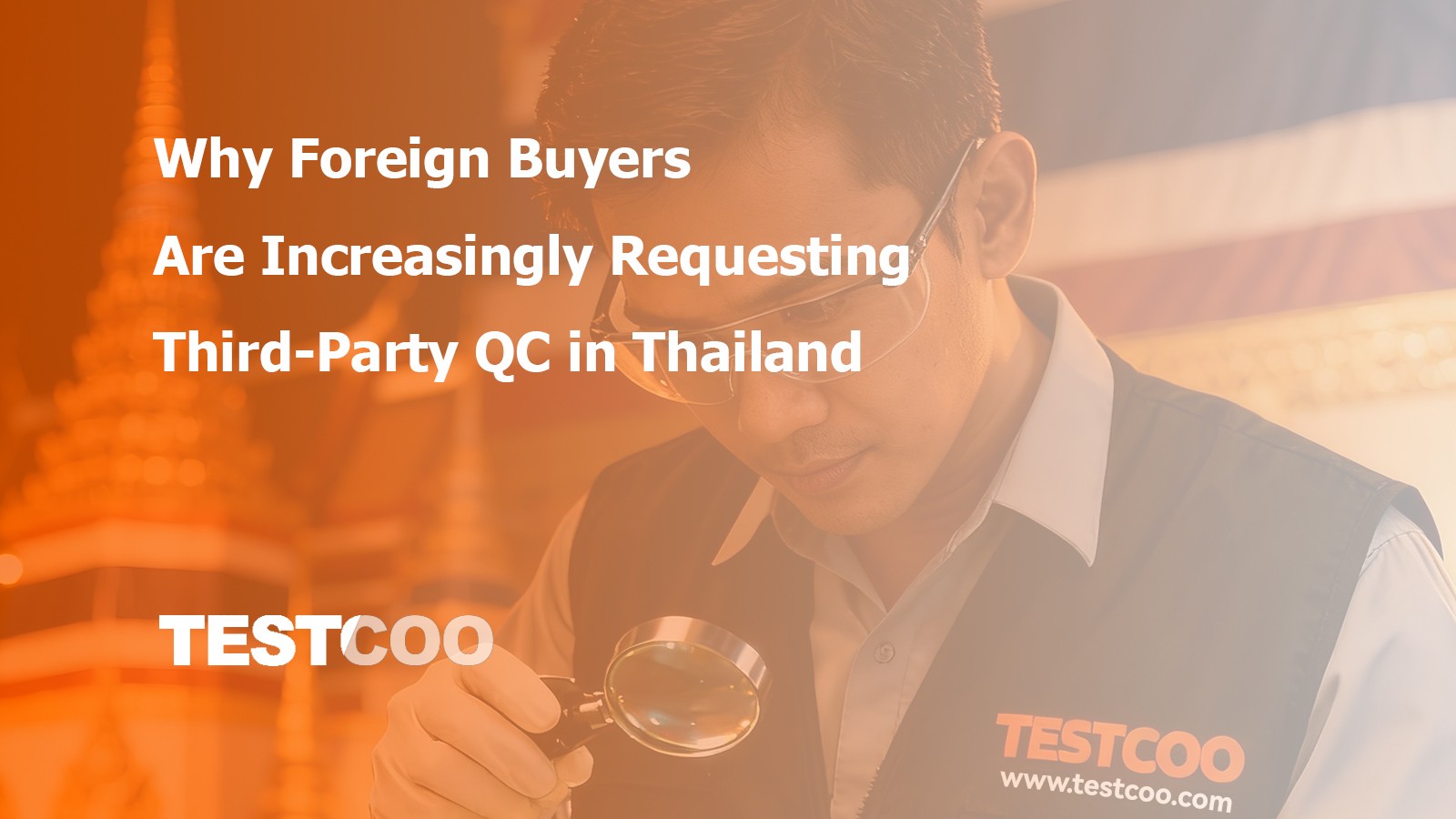
Thailand has emerged as a pivotal manufacturing and export hub in Southeast Asia. According to McKinsey’s Q2 2025 review, the Thai economy expanded by 2.8% year-on-year slightly down from 3.2% in Q1 2025 while its manufacturing sector strengthened, driven by electronics, computers, machinery, and rubber products.
Exports recorded double-digit growth for the fifth consecutive quarter, driven by front-loading ahead of tariff deadlines. Despite weak consumption, household spending grew by just 2.1% and softness in tourism, Thailand’s manufacturing rebound and export momentum highlight why global buyers are increasingly turning to Thai suppliers.
For foreign buyers, especially those sourcing remotely, visibility and trust have become indispensable. This is why third-party quality control (QC) has shifted from being optional to essential.
Why Quality Control Has Become a Priority for Foreign Buyers
In the dynamic landscape of international trade, quality control has become a top priority for foreign buyers, especially those sourcing from Thailand. This concern is multifaceted and deeply rooted in the challenges of the global supply chain.
1.Inconsistent Quality Leading to Returns and Brand Risks
One of the most pressing issues for foreign buyers is inconsistent product quality. In the Thai manufacturing context, factors such as variable raw material quality, differences in production techniques among factories, and inconsistent quality management systems contribute to this problem. In the textile industry, the color fastness of fabrics can vary from batch to batch. Some batches may fade significantly after only a few washes, while others retain their color well. This inconsistency in quality results in a high rate of product returns.
The impact of these returns is far-reaching. Financially, they incur significant costs for buyers, including shipping fees for returning products, restocking charges if applicable, and the loss of the initial investment in the products. Moreover, quality-related returns can severely damage a brand's reputation.
Read More: The Ultimate Guide to Garment and Apparel Inspection
2.Lack of On-site Transparency and Communication Barriers
Another significant challenge for foreign buyers is the lack of on-site transparency. When sourcing from Thailand, many buyers are located thousands of miles away, making it difficult to directly monitor the production process. Without real-time visibility into the manufacturing facilities, they remain unaware of how their products are being made. In the electronics manufacturing sector, buyers may worry whether the components used meet the specified quality standards or if the production environment adequately prevents electrostatic discharge, which could damage sensitive electronic parts.
3.Compliance Pressures from Multiple National Regulations (EU GPSR, ISO, IEC)
In today's globalized market, foreign buyers face the complex challenge of ensuring that the products they source comply with a wide range of international regulations. For example, the EU General Product Safety Regulation (GPSR) establishes strict safety requirements for all products sold within the European Union. Products must be safe for consumer use, and manufacturers and importers are responsible for ensuring compliance. In the electronics industry, adherence to international standards such as those set by the International Organization for Standardization (ISO) and the International Electrotechnical Commission (IEC) is essential. These standards address aspects such as product safety, electromagnetic compatibility, and environmental protection.
Thai manufacturers may not always be fully aware of complex international regulations or may struggle to keep up with frequent updates. A Thai electronics manufacturer might unknowingly produce products that do not comply with the latest IEC standards for electromagnetic emissions. If a foreign buyer imports these non-compliant products and attempts to sell them in a market that enforces these standards, they could face significant legal consequences, including product recalls, fines, and damage to their business reputation. Consequently, buyers are increasingly motivated to seek third-party quality control services to ensure that the products they source from Thailand meet all necessary regulatory requirements, thereby reducing the risks associated with non-compliance.
Read More:Consumer Electronics Inspection Guide for Global Buyers
What Makes Third-Party QC Different from In-House Inspection
In the context of ensuring product quality in international trade, understanding the differences between third-party quality control and in-house inspection is crucial for foreign buyers sourcing from Thailand. Each approach has distinct characteristics, and the choice between them can significantly impact the success of a business operation.
1.Independence and Objectivity: More Trustworthy Results
One of the fundamental differences lies in independence and objectivity. In-house inspection teams belong to the manufacturing company and may face internal pressures, such as meeting production deadlines or pleasing management, which can influence inspection results.
On the contrary, third-party QC providers are independent entities. They have no vested interest in the production process or the success of the manufacturing company beyond providing an accurate and unbiased assessment of product quality. They operate based on industry-recognized standards and are more likely to adhere strictly to these standards without being influenced by internal factory politics or production-related pressures. A third-party QC inspector conducts a thorough examination of a batch of electronic products, meticulously checking for defects in components, soldering, or functionality, and provides an honest report on the quality status, regardless of how long it takes or the factory's production schedule. This independence ensures that inspection results are more reliable and can be trusted by foreign buyers when making decisions about product acceptance or rejection.
2.Rapid Deployment and Global Response
Another significant difference is the flexibility and global reach of third-party QC services. In-house inspection teams are often limited by their physical location within the factory and their availability. If a foreign buyer suddenly requires an inspection on short notice or at a different location where the factory has a satellite production facility, the in-house team may not be able to respond quickly enough.
In contrast, third-par ty QC companies have a global network of inspectors and can quickly deploy teams to various locations. They are experienced in handling urgent requests and can mobilize resources promptly. This rapid response time helps foreign buyers better manage their supply chains and reduces the risks associated with delays in quality assessment.
3.Industry Standard Knowledge and Local Experience
Third-party QC providers also possess extensive industry-standard knowledge and local experience that in-house inspection teams may lack. These companies specialize in quality control across various industries and stay continuously updated on the latest international quality standards and regulations. They have a deep understanding of the specific requirements for different product types. For example, in the rubber industry, a third-party QC expert is well-versed in international standards for rubber quality, such as the ISO standards for rubber physical properties, and can accurately assess whether rubber products from a Thai manufacturer meet these standards.
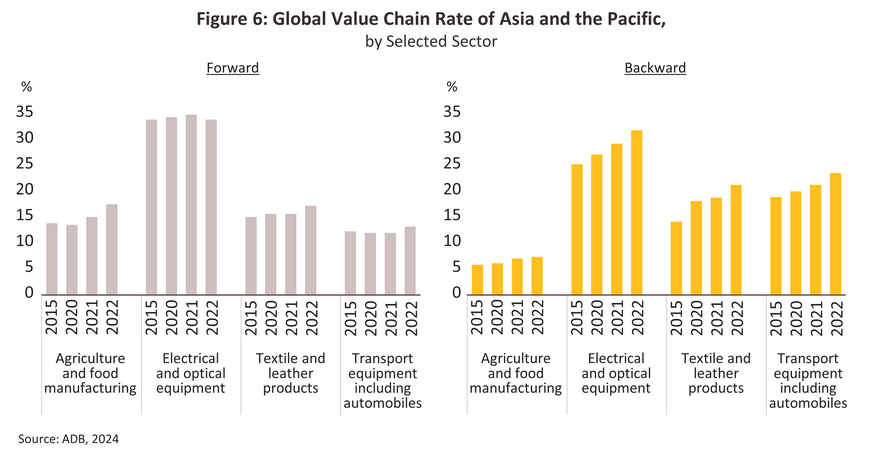
What Are the Risks of Not Using Third Party QC?
1.Losses Caused by Quality Issues
The consequences of quality problems can be catastrophic for businesses. A well-known case involves a major electronics company that released a highly anticipated flagship device. Although initially well-received, it soon became apparent that the device's batteries had serious quality issues. Due to a manufacturing defect, the batteries were prone to overheating and catching fire, posing a significant safety risk to users.
The company faced a series of severe consequences. First, it had to issue a global recall affecting millions of units. This process was extremely costly, involving the retrieval, replacement, and shipment of all affected products. Additionally, the manufacturer bore the expenses of negative publicity and extensive damage control efforts. The company's brand image was severely tarnished, and consumer trust plummeted. In the following months, its smartphone market share declined significantly in key regions, resulting in substantial revenue losses. Analysts estimated that the total financial damage from the recall and the blow to the brand's reputation amounted to billions of dollars.
Read More: Smartphone & EV Battery Testing Growth in Vietnam and Thailand
2.Legal and Compliance Risks
Non-compliance with international standards and regulations can result in serious legal consequences for businesses. In the European Union, the General Product Safety Regulation (GPSR) is a crucial piece of legislation designed to ensure the safety of products placed on the EU market. Under the GPSR, manufacturers and importers are required to guarantee that their products are safe for consumers. If a product fails to meet safety requirements, it may be subject to recall, and the responsible parties can face substantial fines.
In the toy industry, strict regulations govern the chemical composition of toys. Toys must not contain excessive amounts of harmful substances such as lead, cadmium, or phthalates. Similarly, regulatory non-compliance in the food industry results in severe penalties, especially in stringent markets like the European Union. For example, exporters who fail to meet the EU's rigorous food safety standards including proper labeling, additive use, and hygiene protocols face significant repercussions.
The company's non-compliance, which involved product mislabeling and substandard production facilities, led to an immediate ban from the EU market and substantial financial penalties. Resuming exports required costly mandatory investments in process improvements and quality control systems to meet regulatory standards. This case highlights how neglecting compliance can result in loss of market access, direct financial penalties, and significant operational expenses.
Frequently Asked Questions (FAQ)
Q1: Why is third-party quality control essential when sourcing from Thailand?
A: Third-party quality control is essential because it offers an unbiased, independent evaluation of your products before they leave the factory. This service is especially important for foreign buyers who cannot be physically present to oversee production. Independent inspectors ensure that products comply with all quality standards, specifications, and safety requirements, helping to prevent costly defects, rework, and shipping delays. Utilizing a third party reduces risks associated with inconsistent quality, particularly between larger manufacturers and smaller SMEs in Thailand.
Q2: What are the common quality challenges foreign buyers face in Thailand?
A: These challenges include inconsistencies in raw materials, variations in workmanship, and potential language and cultural barriers that may cause misunderstandings regarding technical specifications. Additionally, there may be a shortage of skilled labor proficient in advanced quality methodologies, as well as varying levels of technology adoption across different factories.
Q3: What specific industries in Thailand benefit most from third-party QC?
A: While third-party quality control benefits all industries, it is especially critical in Thailand's key export sectors, including automotive parts, electronics, food and agriculture, and textiles. These industries must adhere to strict international standards and compliance requirements. Third-party inspectors ensure these industry-specific standards are met, protecting buyers from legal issues, product recalls, and loss of market access.
Q4: What types of inspections should a foreign buyer request in Thailand?
A: To ensure comprehensive quality assurance, buyers should consider a multi-stage inspection process. The most common types include: Initial Production Check (IPC), During Production Check (DUPRO), Final Random Inspection (FRI), Loading Supervision (LS), and 100% Inspection (Full Inspection).
Q5: Why choose Testcoo as your trusted partner in Thailand?
A: As a leading global inspection and audit provider, Testcoo supports buyers with end-to-end quality assurance solutions across Asia, Europe, and the Americas.
Here is why Testcoo is the preferred QC partner for foreign buyers sourcing from Thailand:

Building Confidence Through Independent Quality Control
As Thailand’s export momentum continues to grow, buyers face increasing pressure to maintain product consistency, comply with international standards, and protect their brand reputation.
Third-party inspection is no longer a reactive measure; it has become a strategic investment in supply chain visibility and trust. It enables global buyers to ensure quality at every stage, from production to shipment, without the need to be physically present.
Third-party quality control provides distinct advantages over in-house inspections, including greater independence, specialized industry expertise, and cost efficiency. Neglecting independent oversight exposes businesses to significant risks, such as substantial financial losses, legal liabilities, and critical supply chain disruptions.
Consequently, selecting a third-party quality control partner requires careful due diligence. Foreign buyers should evaluate potential agencies based on their qualifications, relevant industry experience, scope of services, and market reputation. Making an informed choice is crucial for mitigating risks and ensuring supply chain integrity. With partners like Testcoo, you gain a dedicated quality assurance team that bridges geographical distance, simplifies compliance, and strengthens long-term supplier collaboration.
Free Sample Report Performance Quality Control
Download a sample report to keep control of your supply chain!
Featured Articles
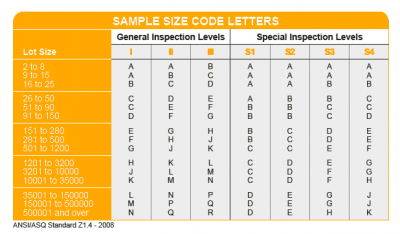 AQL Table | How to Read It
AQL Table | How to Read It TOP 10 Common Defects in Garments Quality Inspection
TOP 10 Common Defects in Garments Quality Inspection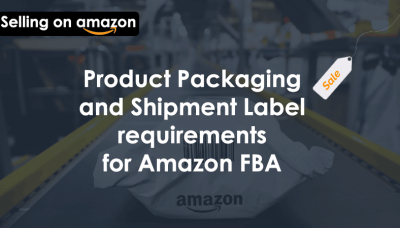 Product Packaging and Shipment Label requirements for Amazon FBA
Product Packaging and Shipment Label requirements for Amazon FBA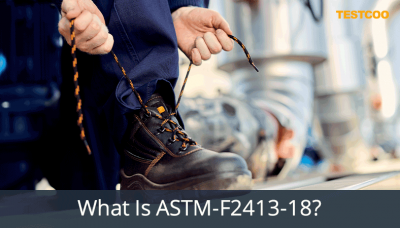 What Is ASTM-F2413-18? Protective Footwear Standard
What Is ASTM-F2413-18? Protective Footwear Standard How to Conduct Third-Party Quality Control Inspections for Electric Scooters
How to Conduct Third-Party Quality Control Inspections for Electric Scooters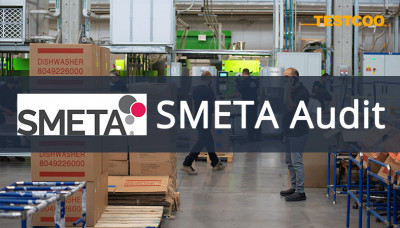 SMETA Audit-What is SMETA Audit?
SMETA Audit-What is SMETA Audit?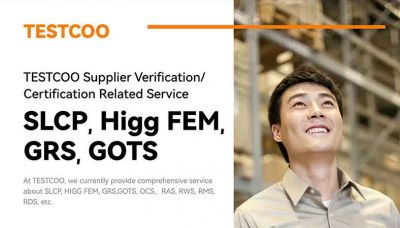 TESTCOO Supplier Verification/Certification Service SLCP, Higg FEM, GRS, GOTS
TESTCOO Supplier Verification/Certification Service SLCP, Higg FEM, GRS, GOTS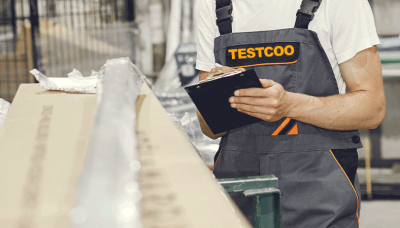 Quality Control Inspection Company in China
Quality Control Inspection Company in China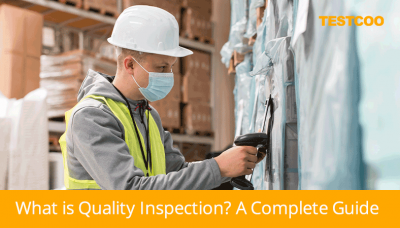 What is Quality Inspection? A Complete Guide
What is Quality Inspection? A Complete Guide Guidelines for Product Inspection in India
Guidelines for Product Inspection in India
Category
- Production Inspection Service
- Factory Audit
- Softline Inspection
- Hardline Inspection
- Electrics Inspection
- Certification
- Checklist
- Manufacturers
- Quality Assurance Basics
- Products Recall
- AQL
- Guidence and Standard
- News
- Supplier Management
- Amazon
- Protective Equipment
- e-commerce quality control
- Indian Manufacturing
- Soft Goods Quality Control
- Supply Chain Management
- Supply Chain Resilience
- E-Commerce Quality Control
- ISO 2859
- Supply Chain Optimization
- Garment Industry
- Higg Index


